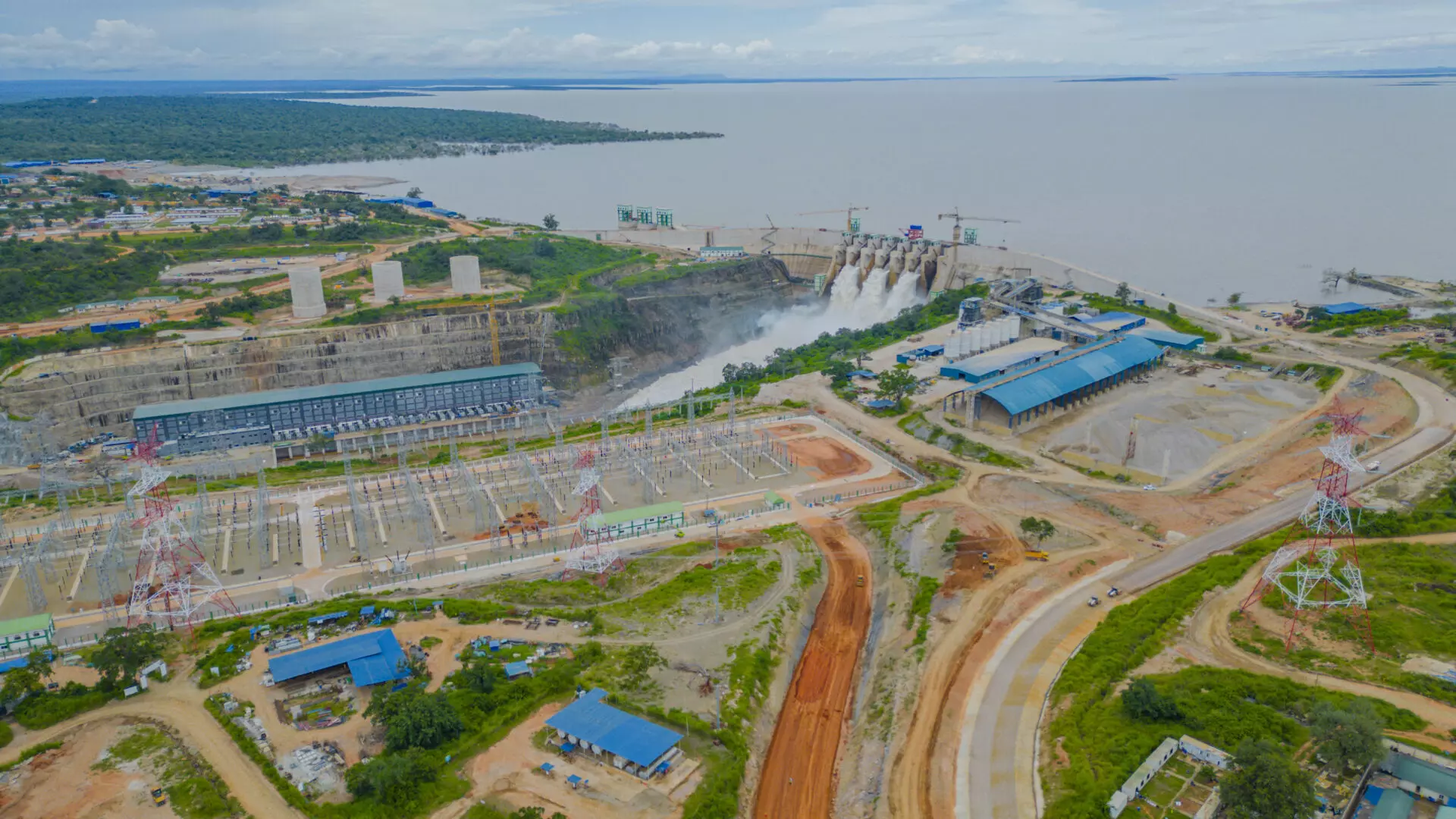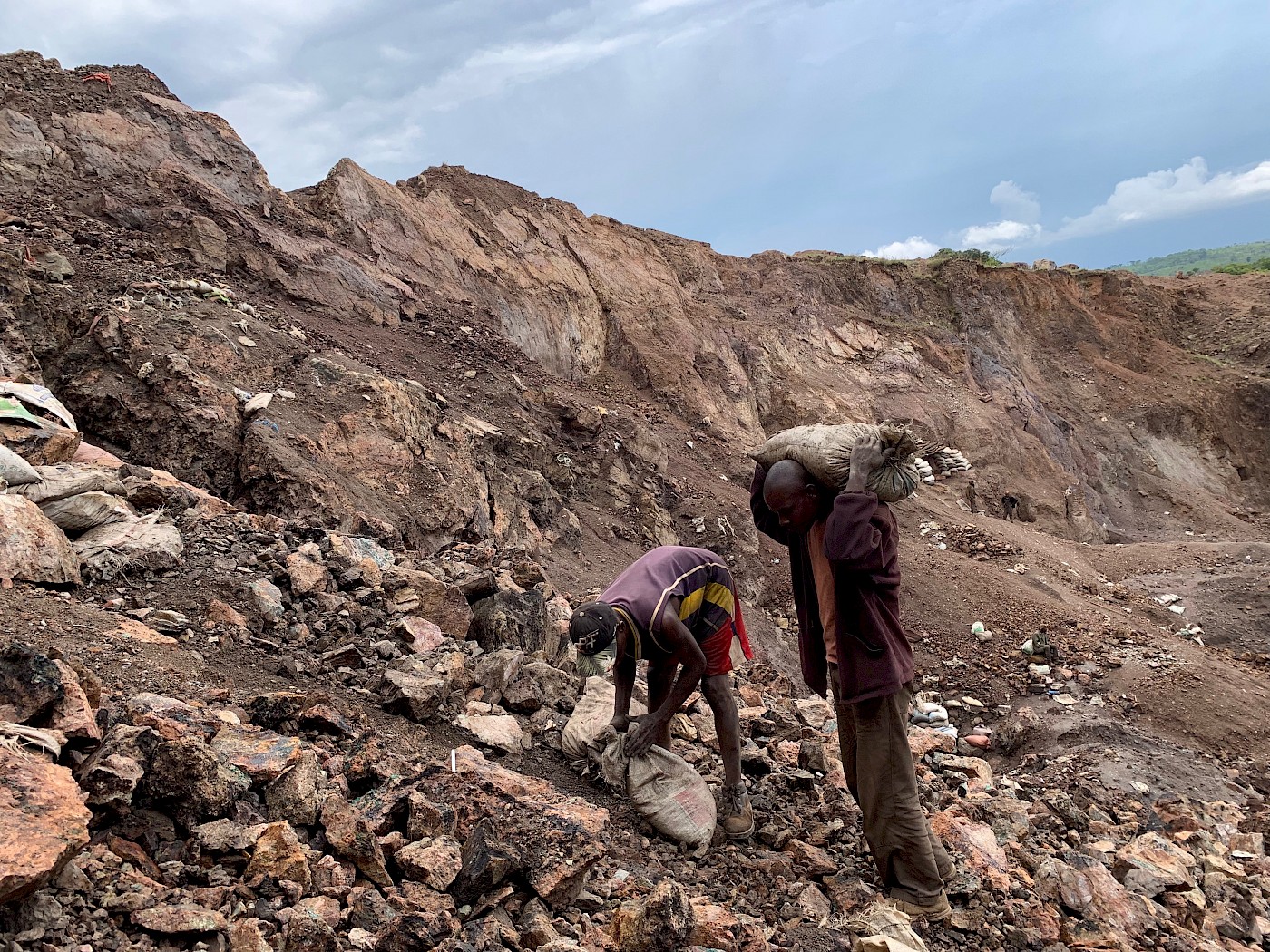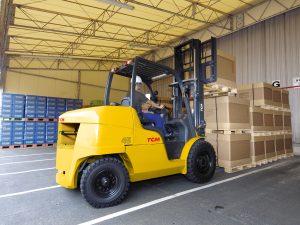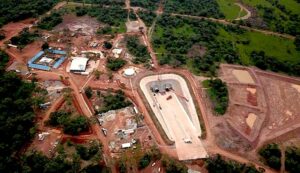WMI seminar outlines a path towards responsible mining practices
Critical minerals, cyber security, and smart mining were under the spotlight at the recent Wits Mining Institute (WMI) seminar, with several discussions highlighting holistic, forward-thinking and collaborative approaches to addressing complex challenges in South Africa’s mining industry.
Now in its seventh year, the WMI seminar took place on 29 and 30 August at the Origins Centre at the University of the Witwatersrand – against the backdrop of rock formations dating back billions of years, and displays of ancient rock art.
WMI acting director Dr Mayshree Singh emphasised the importance of this platform as a much-needed collaboration between academia and industry.
“Academics are highly focused on specialised technical research, while industry stakeholders are often involved with daily business priorities,” said Dr Singh. “This event allows both sides to have meaningful conversations and collaborate more effectively. The event also gives the seminar participants a platform to demonstrate innovative products, services, and research.”
The seminar was supported by mining companies such as Glencore, South32, DRDGOLD, Exxaro and Sibanye-Stillwater, as well as the Minerals Council South Africa and the Mandela Mining Precinct.
Dr Singh stated that by listening to the needs and challenges presented by industry leaders, one can identify gaps in existing research and explore new areas of study that are directly relevant to the industry.
Responsible innovation
Taking centre stage on day one was Sibanye-Stillwater’s head of innovation, Alex Fenn, who highlighted the need for responsible innovators. In his keynote speech, Fenn noted that carbon emissions in the Fourth Industrial Revolution, our current phase, will continue to have a negative impact in the coming decades.
“It is such an important aspect for us that we’ve actually revisited our purpose as an organisation to maintain carbon-level sustainability through our metals, and that’s continuously what we do on a day-to-day basis,” he said. “It sounds odd for a mining company, but we do believe our metals have a big role to play in mitigating the impact of the last almost 300 years’ worth of carbon emissions.”
Technological advancements
Dr Ahsan Mahboob, the head of the Sibanye-Stillwater Digital Mining Laboratory (DigiMine), the WMI’s flagship programme, unpacked the key trends shaping the mining industry’s future. Dr Mahboob noted that investing in circular economies and “urban mining” – or recycling – will be crucial for traditional mining companies to innovate and create new value.
“The South African mining industry stands at a pivotal moment, where embracing technological advancements, fostering innovation, and adopting sustainable practices are not just opportunities but necessities,” he said.
He added that, by harnessing these strategies, South Africa’s mining industry can enhance the economy’s global competitiveness, drive economic growth, create jobs, and contribute to the well-being of its communities – ensuring a prosperous future for both the industry and the country.
While Sibanye-Stillwater is a big proponent of technology, Fenn underscored the need to use technology to reduce risk in the mining space.
“You just have to be conscious of what you do,” he added. “Ninety percent of the work that we do on projects goes towards mitigating risks because there is no room for error, especially with underground operations. Being conscious of risk is the first step and then ensuring that you triple-check that you are doing the right things.”
Sustainability focus
Dr Singh said that to drive change, the industry requires courageous leadership.
“When it comes to mining and resource extraction, we need to take an ‘ecosystems thinking’ approach,” she said. “This means considering the full lifecycle and impact; not just the short-term economic benefits, but also the environmental, social and governance (ESG) implications. We have a responsibility to use evidence and science to inform decision-making.”
In his keynote speech on the seminar’s second day, DRDGOLD CEO Niël Pretorius pointed out the importance of mining companies implementing “realistic” ESG initiatives. He stressed the need for mining companies to prioritise land rehabilitation during operations, rather than delaying it until the end of asset lifecycles.
As a company already contributing to the circular economy, DRDGOLD focuses on improving operations and reducing the financial costs of environmental restoration. Pretorius said that there were economic opportunities for mining companies to implement relevant ESG initiatives, such as reducing potable water consumption and investing in programmes that support the informal economy. This proactive approach, he said, has helped DRDGOLD lower its risk profile, build a stronger reputation, and ensure long-term financial sustainability.
Looking ahead
Dr Singh added that the rapid pace of technological change requires more dynamic and adaptable policies.
“We can’t rely on static approaches; we need to be adaptable in our thinking and strategies as conditions change,” she said. “With the global focus being on decarbonisation and renewable energy, we need to collectively, from a research and governance perspective, develop a customised critical minerals strategy of our own.”
Rigorous analysis, adaptability and a focus on sustainability will be crucial in propelling the mining industry forward and addressing its complex challenges, she noted.
The annual WMI seminar serves as a valuable mentorship experience for Wits mining students, complemented by an exhibition where they can showcase their work, while gaining exposure to key industry dialogues. This allows them to identify the gaps and opportunities that exist.
Dr Singh also pointed out the symbolic significance of hosting the event at the Origins Centre, given the long history of minerals extraction in South Africa, that have been so essential to human civilisation.
The seminar concluded on a high note with a visit to DigiMine, where attendees gained first-hand experience by observing the research that students are conducting to support South Africa’s mining industry.
Share this content:














